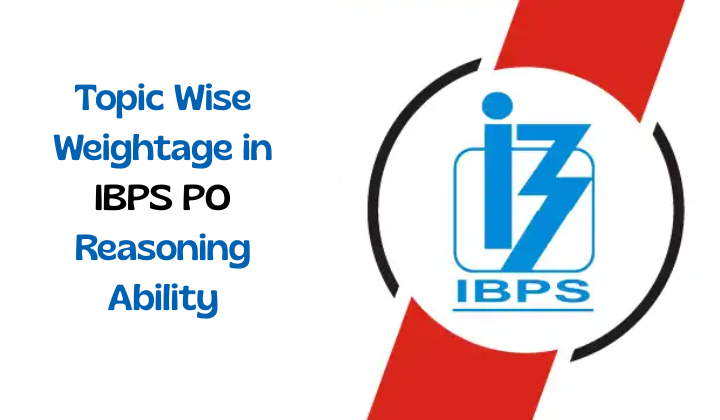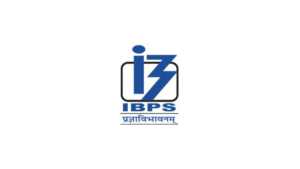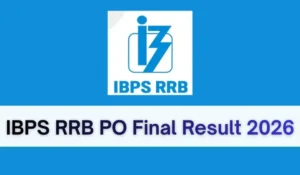Reasoning Ability is a very important subject in the IBPS PO Prelims Exam, accounting for 35 marks. Mastering this section can greatly enhance your total score and increase your chances of moving ahead in the selection process. In this article, we will explore the topic-wise weightage in IBPS PO Reasoning Ability and share effective strategies to help you tackle this section with confidence.
Topic-Wise Weightage in IBPS PO Reasoning Ability
The Reasoning Ability section of the IBPS PO Prelims includes a variety of topics with specific weightage. Generally, looking at the previous exams, it has been observed that around 5 questions can be asked from linear seating arrangement and 5 questions from puzzles. Syllogism usually has 3 to 5 questions, while direction and distance and blood relation have around 3 questions each. Understanding the topic-wise distribution helps in focused preparation and time management during the exam.
Seating Arrangement
This is one of the most important topics in the Reasoning section, usually carrying 5 marks. Questions are based on people sitting in a row, either facing the same or opposite directions. Accuracy and understanding of conditions are key to solving these quickly.
Puzzle
Puzzle-based questions are another high-weightage topic, often comprising 5 questions. These may include box puzzles, floor puzzles, or scheduling. Regular practice is essential to improve speed and logical thinking.
Syllogism
You can expect 3 to 5 questions from syllogism, which tests your ability to understand logical relationships and draw valid conclusions. Learning standard rules and practicing with Venn diagrams helps in solving these accurately.
Direction & Distance
This topic usually has 3 questions and tests your understanding of directions, movement, and distances. Diagram-based solving techniques are helpful to avoid confusion and increase accuracy.
Blood Relation
Around 3 questions are generally asked from this topic. It evaluates your ability to interpret and analyze family relationships based on given information. Drawing family trees can make these questions easier to solve.
| Related Posts | |
| IBPS PO Eligibility | IBPS PO Preparation Strategy |
| IBPS PO Mock Test |
IBPS PO Online Coaching |




 IBPS RRB PO Final Cut Off 2026 Out, Chec...
IBPS RRB PO Final Cut Off 2026 Out, Chec...
 IBPS RRB GBO Final Cut Off 2025-26 Out, ...
IBPS RRB GBO Final Cut Off 2025-26 Out, ...
 IBPS RRB PO Final Result 2026 Out at ibp...
IBPS RRB PO Final Result 2026 Out at ibp...








